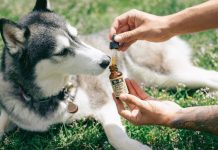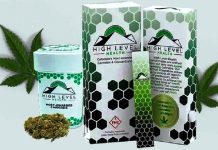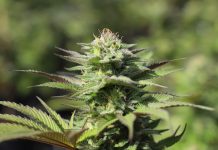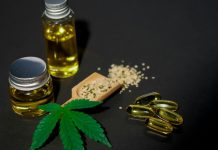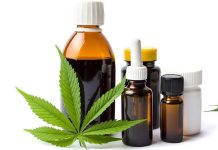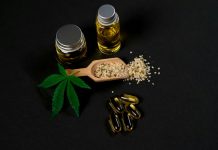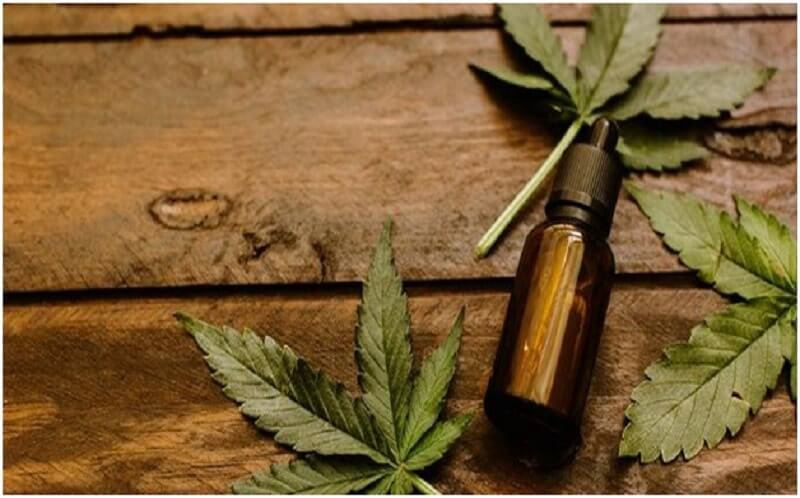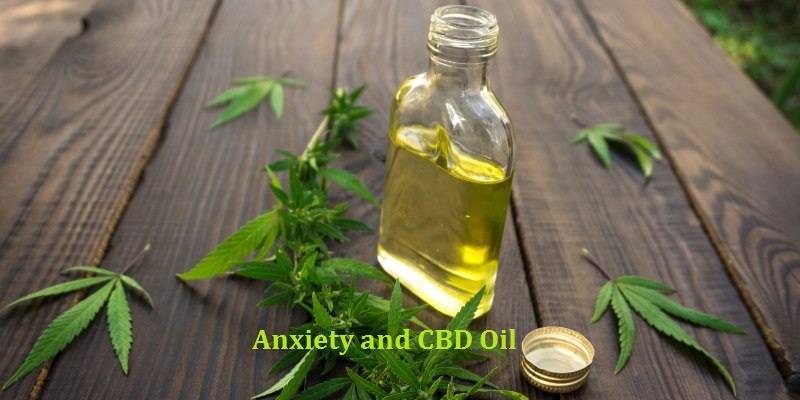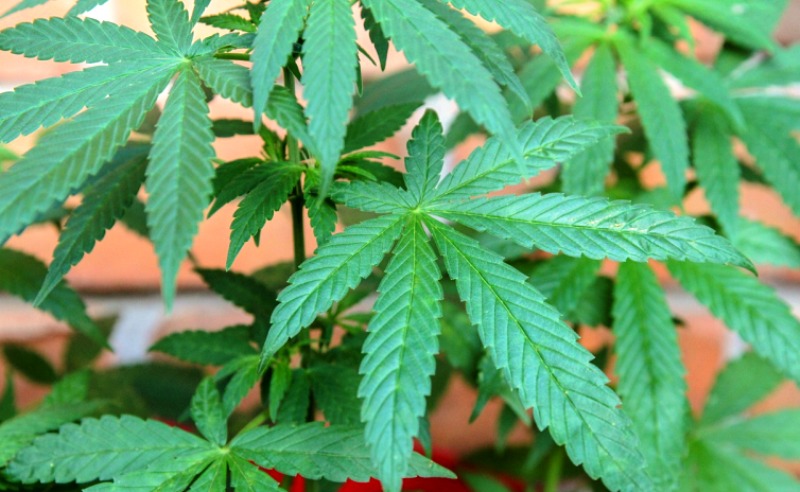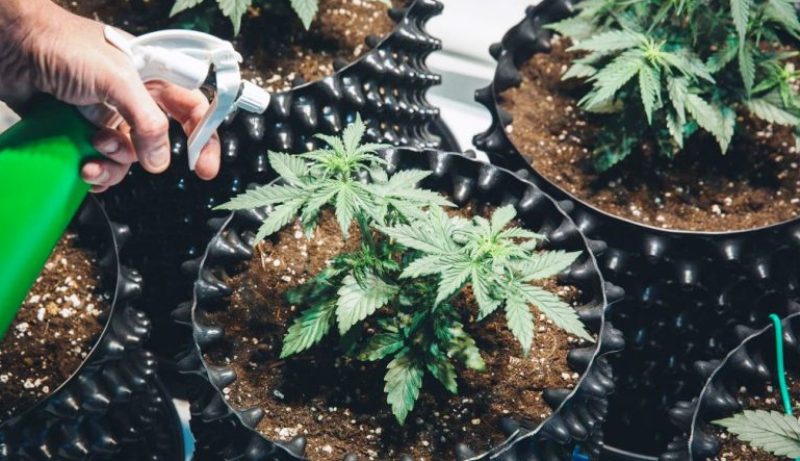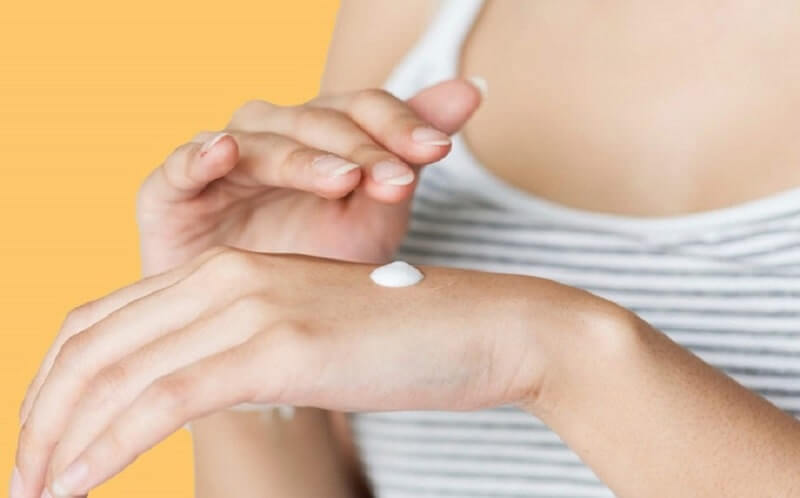Cannabidiol (CBD) is gaining important recognition as one of the most beneficial cannabinoids for the formulation of new supplements and therapeutic products. Thanks to the progress made in research on the human endocannabinoid system and its response to CBD and other cannabinoids, cannabidiol is now added to various skincare products.
The beneficial properties of CBD have the ability to strengthen the skin’s natural defenses. Recently, its effectiveness in combating some symptoms of dry and oily skin, as well as inhuman skin disorders, has also been demonstrated. The power of CBD lies in its purity as a natural ingredient, whose effects are greater in the presence of other supporting elements.
IS THERE A CBD?
For years, cannabidiol has been overshadowed by psychoactive cannabinoids secreted by hemp plants. The highest concentrations of CBD are found in the resinous heads of the trichomes, tiny growths produced by the flowers responsible for the production of the plant’s essential compounds.
CBD is the second most abundant cannabinoid in hemp, with average concentrations close to 1%. Hemp plants can be selectively hybridized to considerably increase the CBD content, thus increasing its potential uses in the formulation of skincare products.
For decades, CBD has been put aside because it is considered to have no therapeutic benefits. Furthermore, until a few years ago the non-psychoactive properties of CBD did not arouse particular interest from researchers. Being a non-psychoactive cannabinoid, CBD does not “break” mentally and physically and does not in any way disturb the normal perception of reality.
After discovering that it cannot have any side effects on our body, the sale of products with CBD was legalized a few years ago. CBD has proven to be a safe cannabinoid for human consumption, extremely effective for treating various health problems, and is now increasingly used by the skincare products industry.
IS THERE AN ENDOCANNABINOID SYSTEM?
To understand the science behind CBD, we must first understand the human endocannabinoid system. Known initially as an endogenous cannabinoid system, this intrigued network of receptors helps maintain homeostasis in our bodies, influencing reactions related to pain, memory and other physiological processes.
Anandamide and 2-AG are two molecules synthesized by our endocannabinoid system that have the ability to bind to CB-1 and CB-2 receptors, distributed in different areas of the body. In addition to being present in some areas of the brain, receptors of the endocannabinoid system are also found in our skin. This makes CBD even more effective in dermatology: it interacts naturally with the human body to stimulate a series of physiological benefits in order to maintain total homeostasis.
CBD FOR THE SKIN
How exactly does CBD work on the skin? This question can have multiple answers, as cannabidiol offers various benefits to both healthy and damaged skin cells. Several studies have already been conducted on the effects of CBD, but research continues to uncover exciting and promising beneficial properties for our health.
ANTI-INFLAMMATORY PROPRIETY
A research topic that has received almost unanimous support from scientists is the anti-inflammatory property of CBD. Among the numerous studies conducted on the CBD, we cite the results obtained from a 2010 research, where CBD has been shown to effectively eliminate chemokines and inflammatory cytokines.
But what link can this research have with our skin? First of all, from daily skin irritation to skin disorders are generated or worsened by inflammation. CBD has been shown to effectively reduce the inflammatory response of the skin, particularly in those damaged areas of the epidermis. CBD is increasingly used in the formulation of new products to be applied topically and food supplements.
The anti-inflammatory effects of CBD on skin disorders such as eczema and psoriasis have only recently been discovered. CBD has the ability to block interleukin and prevent psoriasis plaque formation. Today, the market offers us new products containing CBD and other beneficial substances to nourish and regenerate our skin, naturally and safely.
CBD THRILLS AND IMPROVES CELL GROWTH
CBD is demonstrating its incredible nutritional properties for the skin also through its ability to stimulate cell growth and differentiation. Its action as an antioxidant exceeds the other compounds normally used in other products and, today is widely used to formulate new anti-aging creams. For those suffering from certain skin problems, CBD has the ability to encourage more efficient cellular differentiation.
OBJECT TO THE HYPERACTIVITY OF SEBACEOUS GLANDS
The main problem of skin disorders related to acne-vulgaris is the excessive production of sebum by the skin. According to a recent study, the CBD offers a “trinity of anti-acne cellular actions”, including its ability to reduce sebum production. In essence, the anti-proliferative nature of CBD on sebocytes helps to eliminate lipid production and thus limit sebum overproduction.
The potential applications of CBD as an effective product to treat acne symptoms are extremely promising, especially considering that it is one of the most common skin diseases in the world. Acne involves obvious physical symptoms that include pimples, blackheads, and cysts. However, it can also generate psychological problems.
Furthermore, it has been shown that CBD also has antibacterial properties. Acne-causing bacteria create chain reactions that are difficult to control. However, CBD has the ability to decrease both inflammation and infection. The antioxidant properties of CBD are effective for everyone and are particularly suitable for combating the damage caused by free radicals and for improving skin health and sensitivity.
CBD AND THE FUTURE OF SKIN PRODUCTS: LAST WORDS
Thanks to the growing number of studies on the efficacy of CBD in skincare, today we know for sure that this cannabinoid has the ability to treat various skin diseases. It is too early to tell if CBD will soon be used in clinical therapies to treat the skin, but so far there are enough clues to say that cannabidiol can be very beneficial for our skin.
Image Source


